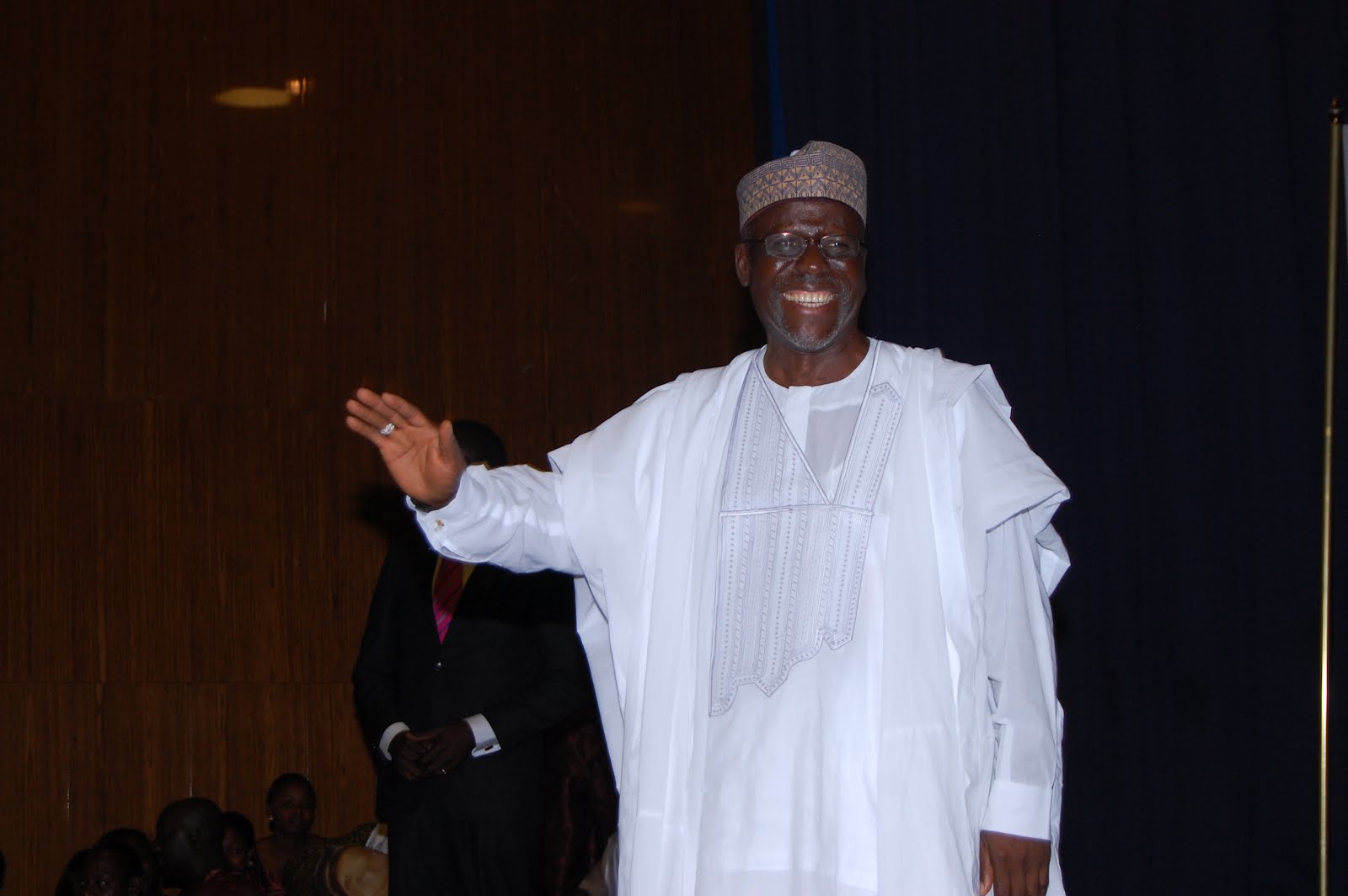A Federal High Court in Abuja has dismissed with substantial cost, a suit filed by a chieftain of the now defunct Action Congress of Nigeria (ACN) in Kogi State, Mohammed Jamiu Audu, seeking to remove the governor of Kogi State, Idris Wada, from office.
In dismissing the suit, the judge said the case was the most frivolous and abuse of court process he had ever heard. Justice Kafarati upheld the preliminary objection of Wada’s lawyer, Chief Chris Uche (SAN).
The judge said the plaintiff had no locus to institute the case since he had nothing to do with Wada’s election.
The judge further held that the subject matter of the suit was the election of Wada and that a Federal High Court had no jurisdiction to entertain such a case.
Justice Kafarati held that the plaintiff filed the case six months after the election was held and that that made the suit a post-election matter which could only be entertained by the Kogi State Governorship Election Petitions Tribunal.
The judge asked the plaintiff to pay each of the four defendants N500,000 as cost.
In all he would pay N2million as cost. The defendants in the suit are the Independent National Electoral Commission (INEC), Wada, the Peoples Democratic Part (PDP), and former governor of the state, Abubakar Audu.
The plaintiff claimed that the process which led to the conduct of the December 3, 2011 Kogi governorship election, from which Wada emerged as a major beneficiary, was allegedly manipulated by INEC in violation of the Electoral Act.
The plaintiff, who said he participated in the ACN’s primary and emerged its Deputy Governorship candidate, with Professor Yusufu Obaje as governorship candidate, prior to May 28, 2011 argued that he remained a legitimate candidate of the party even when Obaje went to another party.
Audu, who queried the legitimacy of INEC’s decision to substitute him and Obaje with Abubakar Audu in the December 3, 2011 election, argued that the process that produced Wada as the PDP’s candidate for the election violated the Electoral Act, particularly section 33.
The plaintiff, who raised five questions for the court’s determination, asked the court to, among others, declare that he was the valid and legitimate winner of the election, and therefore entitled to be made the state governor.
He also wanted the court to order Wada to vacate office, and for the state’s Chief Judge to swear him into office immediately.
He equally prayed the court for an order of perpetual injunction, restraining Wada from further parading himself as the state’s governor, and an order directing the AGF to enforce all the orders made by the court.
Yesterday, plaintiff’s lawyer, adopted his final written address filed with his originating summons.
He also argued his counter affidavit to the separate objections filed by INEC, Wada and PDP. The other defendants failed to respond to the case.
In relation to the substantive suit, Nezianya urged the court to grant his client’s prayer and discountenance the counter arguments by the defendants.
He argued that as against the contention by the defendants, his client had the locus standi to institute the suit.
He added that the court had the jurisdiction to hear the case in view of the provision of Section 87(9) of the Electoral Act.
Nezianya urged the court to engage in a community reading of Sections 31, 33 and 87(9) of the Electoral Act before deciding case.
The plaintiff’s lawyer, Mr. Mackings Nezianya, had, while responding to the defendants’ preliminary objections, argued that their contention was misconceived.
He argued that the case cited by Wada’s lawyer, Chris Uche (SAN), was misconceived. He said they do not support the issue at stake in his suit.
Relying on Order 26 Rule 3 of the Federal High Court’s Civil Procedure Rules, he urged the court to disregard the objections by INEC and PDP on the ground that the were incompetent, the defendants having failed to indicate any ground supporting their objection.
Uche argued that the plaintiff lacked locus standi to institute the case on the ground that the plaintiff not being a member of the PDP, he cannot contest the process adopted by PDP in choosing it’s candidate.
He observed that Audu failed to sue his party, which allegedly substituted him with another candidate and under whose banner he stood election.
Wada’ lawyer also challenged the court’s jurisdiction to hear the suit. He argued that the suit related to post-election issues that could only be taken before the election tribunal.
Lawyers to INEC and PDP equally argued in similar manner and urged the court to dismiss the suit.







